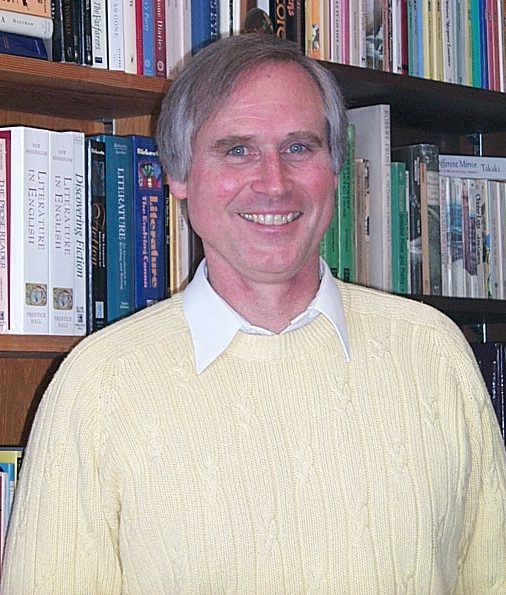About
My career at the University of British Columbia began as an Assistant Professor in 1976. Promotion to Associate Professor followed in 1983, and to Full Professor in 1991. I have served on the Graduate, Major, English 100, and Curriculum Committees, and have held the posts of Secretary of the Graduate Committee from 1981-1982 and again from 1983 to 1985, Chair of the Majors Committee from 1993 to 1996, and Chair of the Curriculum Committee from 1990 to 1992. I must have done something right, since from departmental Chair of the Curriculum Committee I was catapulted to Chair of the Faculty of Arts Curriculum Committee (1993 – 1996). In 1996 I became Assistant Dean in charge of Arts Academic Advising, a position I held to June 2001. From July 2002 to 30 June 2007 I was Head of the Department of English. In 2008, I became Chair of the Faculty of Arts Curriculum Committee (again!) and of Interdisciplinary Studies. All good things eventually come to an end, and so I retired at the end of August 2014, after 38 years in the Department.
During my time at UBC I have published widely (see “Publications“) in Canada, England, Germany, Italy, and the U.S. The publications fall roughly in three groups: those examining the glosses of Anglo-Saxon manuscripts and attempting to determine what these glosses can tell us; those dealing with the contacts of Anglo-Saxons with the Continent; and those discussing aspects of Old English and Anglo-Latin literature (note: “Anglo-Latin” is the Latin written by the Anglo-Saxons). Since retirement I have shifted to a new research area, namely Bede’s exegesis. Because Bede has written so much and because a lot can still be explored on the literary aspects of his exegesis, I suspect that this research area will keep me busy for as long as I have what the Germans call “Schaffenskraft.”
Most of my work is interdisciplinary, crossing the boundaries of literature, language (both Old English and Latin), palaeography, codicology, and history – but then, interdisciplinarity is the hallmark of a medievalist.
